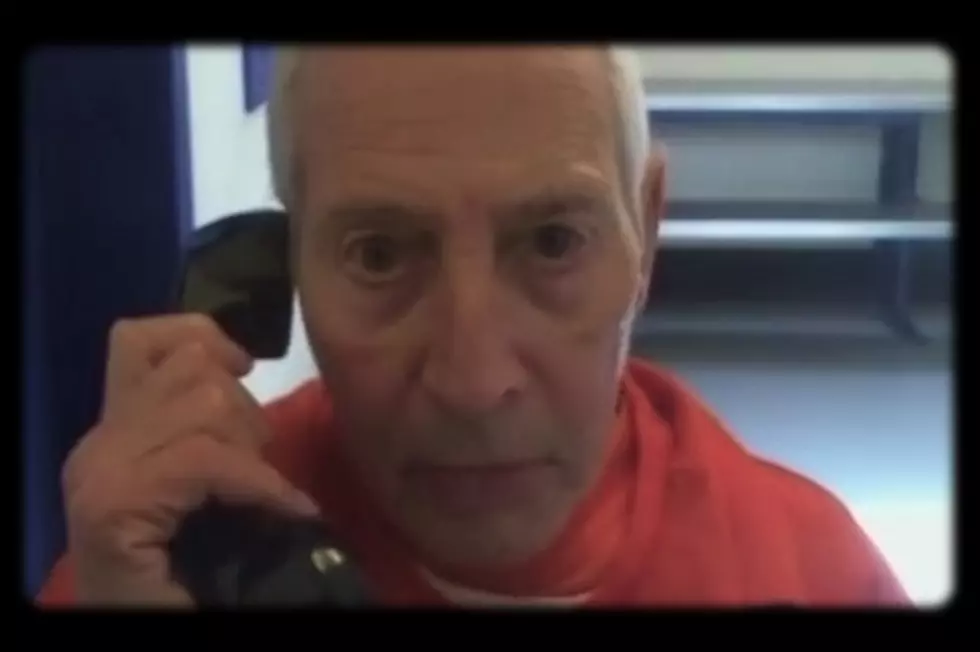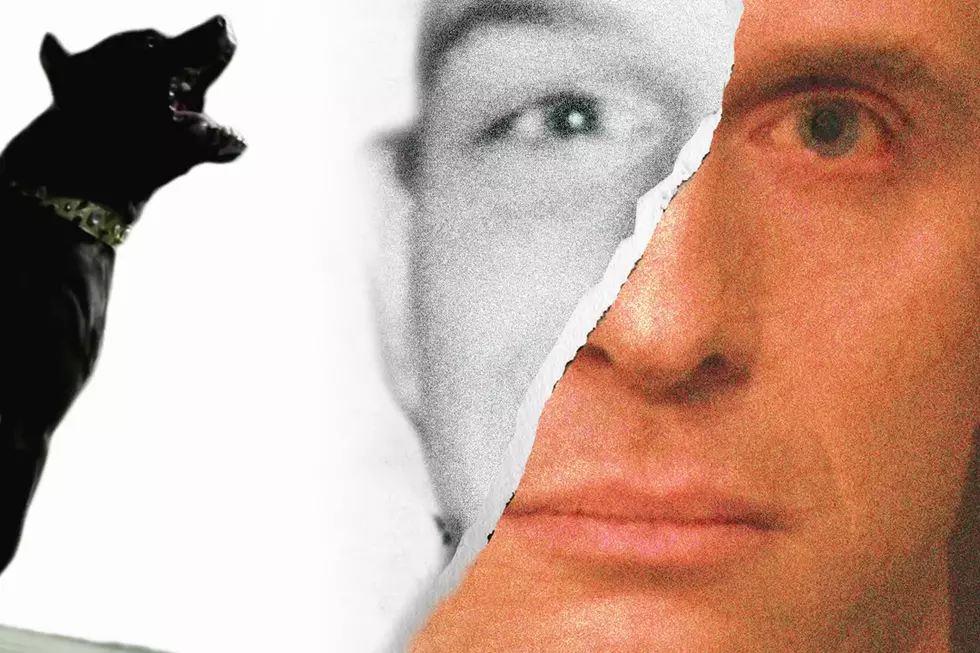
HBO’s ‘The Jinx’: A Great Place to Get Your True Crime Fix Until the Next Season of ‘Serial’
40 million. That’s the staggering number of downloads the Serial podcast racked up by the end of its first season in December of 2014. The show crossed over from popular podcast to full-blown cultural phenomenon. It launched a thousand thinkpieces, lit up social media, and jumpstarted legal proceedings in a cold case. Hell, even my parents listened to it. It must have been big.
Two months later — long after the last new episode premiered and months before the launch of the show’s second season — Serial’s still among the top 5 podcasts on iTunes. Just yesterday morning, the woman in the cubicle across from mine was discussing it with another co-worker. Clearly there’s an enormous appetite for Serial and for serialized true-life mysteries in general.
And yet there’s a show airing on HBO right now that delivers almost all the same pleasures as Serial — a case with more layers than an onion, perplexing ambiguities, a mountain of circumstantial evidence, and a defiant prime suspect — and almost no one is talking about it. By the end of season one of Serial, there were not only dozens of dedicated recap columns, there were whole other podcasts devoted to breaking down the show episode by episode. But a Google News search earlier this week turned up just one (1) article about the most recent episode of HBO’s The Jinx: The Life and Deaths of Robert Durst.
Serial fans, you’re missing out. This show is right up your alley.
The Jinx’s central case is even more complex (and arguably even more interesting) than the one in Serial. It involves multiple homicides spread out across the country that all connect back to one man. That’s Robert Durst, the black sheep son of late New York real-estate magnate Seymour Durst. The Jinx begins in the fall of 2001, with a decapitated body bobbing in Texas’ Galveston Bay. When garbage bags full of body parts float to the surface, cops discover evidence that leads them to Durst. This wasn’t his first run-in with the law, either; Durst was already a suspect in the disappearance of his first wife Kathy, who vanished into thin air some 20 years earlier.
Decades after the murders, Durst reached out to Andrew Jarecki, the director of Capturing the Friedmans and All Good Things, a fiction film starring Ryan Gosling and Kirsten Dunst loosely based on Kathy Durst’s disappearance. Durst had never given his side of the sordid story in public, but he liked All Good Things and thought Jarecki was open-minded enough to at least give him a fair shake. The first episode of The Jinx concludes with Jarecki and Durst sitting down for a wide-ranging interview; in subsequent installments, Durst walks Jarecki through his past, the murder cases, and his ever-shifting web of alibis and denials.
Durst sounds and looks guilty — and one clear advantage The Jinx has over Serial is the fact that it’s a television show and we can read Durst’s face for hidden clues as he speaks — but at least through the first three episodes, there’s really not much substantive evidence against him. He was the last man to see his wife alive and he lied to police about when and where he last spoke to Kathy and what he did after he allegedly dropped her off at a Metro-North train bound for New York City. But there’s still no body or anything to tie him concretely to her disappearance. And so viewers, like Serial listeners, are left to ponder that gray area between what’s likely and what’s provable in a court of law when a suspect insists he’s innocent but our guts tell us he’s not.
One of the deficiencies of Serial was the fact that while Adnan Syed, the man convicted for the murder investigated on the podcast, spoke extensively on the show, many of his case’s original investigators did not. The cops and prosecutors who arrested and tried him for murder declined to be interviewed, leaving host Sarah Koenig to piece together their actions (and question their motivations) from court records, notes, transcripts, and audio recordings.
In contrast, Jarecki managed to track down and talk with numerous litigators and police officers about both of Durst’s trials. Their recollections of the case are put side-by-side’s with Durst, throwing his baffling deflections into stark contrast. Many of the cops are deeply suspicious of Durst, but others throw water on the sorts of conspiracy theory fires that sometimes burned just a little too hot on Serial. Kathy Durst’s friends might insist a tiny detail of the Dursts’ unhappy marriage proves Robert is a killer, and then Jarecki will cut to the detective who investigated the case, who will calmly dismiss it as unprovable speculation.
In essence, The Jinx is a more in-depth, more visual version of Serial. That sounds like a surefire hit to me. So why isn’t anyone talking about it? A vague and unappealing title certainly hasn’t helped, but the major culprit seems to be bad timing. The series debuted on February 8, the same night as the Grammys, the season premiere of The Walking Dead, and the series premiere of Breaking Bad spinoff Better Call Saul. Last Sunday, The Jinx was up against the latter two shows plus the Oscars.
HBO has had a lot of success with original programming on Sundays, but that night’s become an increasingly competitive space. Not only were audience busy elsewhere, critics were too. The kinds of writers who could pen the sort of buzz-building appraisals that helped lift Serial were all busy covering other stuff. Several colleagues I spoke to this week who cover film and television said they’ve been curious to check out The Jinx, but simply haven’t found time to watch it yet. They all blamed its Sunday night time slot.
The good news is the awards shows are over (for the moment), and the whole series to date is available to subscribers on HBO Go. If you’re not a subscriber (or your parents still refuse to give you their password), HBO’s made the entire first episode available for free online. Give it a shot. If you liked Serial, this should be enough to get you hooked.
More From ScreenCrush









